Welcome to prison
When students first came to school Aug. 20, no one expected to be locked out of doors throughout the school. Clumps of confused teenagers gathered outside the science building, Senior Hall and more than 20 other doors, wondering how they would get to their next class on time. This issue led The Kirkwood Call to decide in a vote of 44:11 the current policy of locking doors during school is not the most effective precaution for KHS.
In the six-minute period between class, a student’s main concern is crossing campus without being the cause of a major hallway traffic jam. On top of those challenges, now one also must remember which doors are unlocked, and it always seems the most convenient entrance to the next class is barricaded. If the administration would simply communicate with the student body, these inconveniences would be practically non-existent.
According to Dr. Mike Havener, principal, and Levaughn Smart, coordinator of safety and security, the administration devoted their summer to deciding upon the new security measures and what entrances to KHS should and should not be accessible. They asked for input from several staff members in questioning which entrances and exits are most frequently used, and from there they made their choices.
According to Smart, they did their best to look at the flow of students and most frequently used doors to decided which should be locked or open. Based on that, they could always make readjustments and reevaluate if necessary.
Yet the administration forgot to ask the majority of the people who walk campus: the student body. While we commend the staff in their efforts to make KHS safer, they actually should be making sure that what they’re doing for us makes sense. That everything works. And that it won’t cause a countless amount of tardies for students not at fault.
And there have been a countless amount of tardies the past few weeks of school. Fifty-seven percent of students say they have been tardy due to the new door policy, showing that perhaps adjustments should be made. Students should have enough breathing room in the halls and not have to panic about getting to class on time.
Perhaps if the administration had communicated and informed the students of which doors to avoid this would have gone over smoothly. And while letters were sent out in the packets with schedules, so many reminders are within it, surely not everyone even got to that flyer, or remembered what it was about. Also, the letter never told us which doors would be locked, so it was almost pointless to begin with.
Yes, it could have helped if we were warned in a more organized fashion which doors to avoid, and given some pointers on how to be on time or even given an extra minute to get to class, but the biggest issue is the lack of student consultation. The administration needs to start asking for more student input on problems concerning those affected.
And while we applaud the administration for their attention to student safety, some changes need to be considered with this policy. Students of all grade levels should be asked for input on which doors the administration should actually lock and unlock. The students are really the ones who know what’s best for them.
Your donation will support the student journalists of Kirkwood High School. Your contribution will allow us to purchase equipment and cover our annual website hosting costs.
This is the opinion of the entire Kirkwood Call staff.


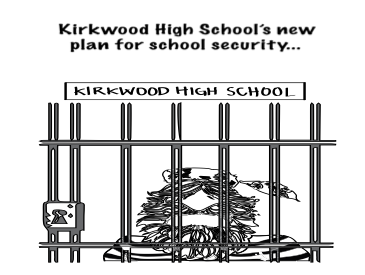
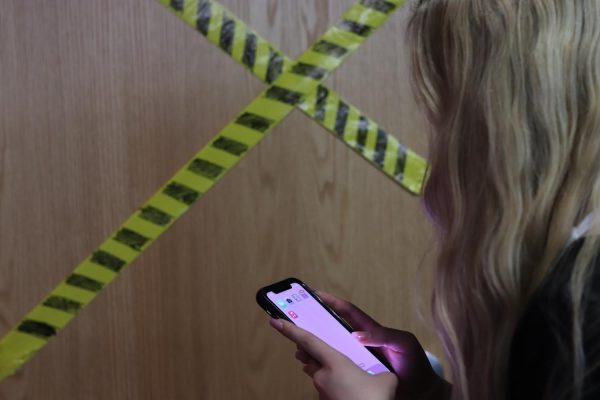

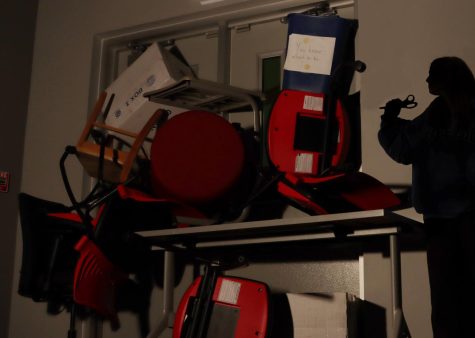

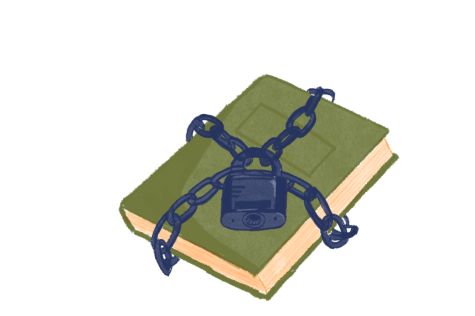

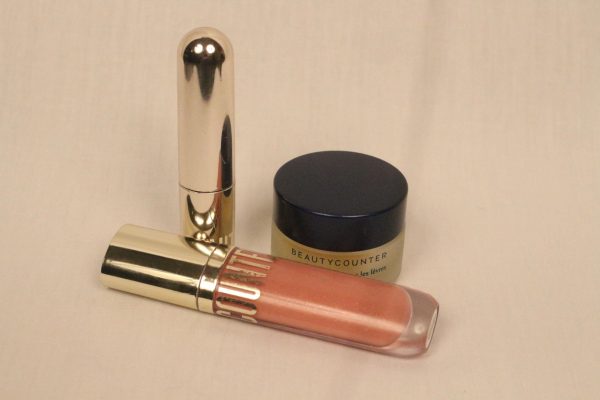
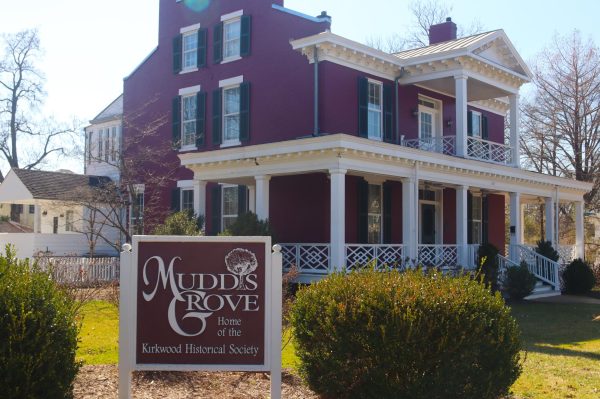

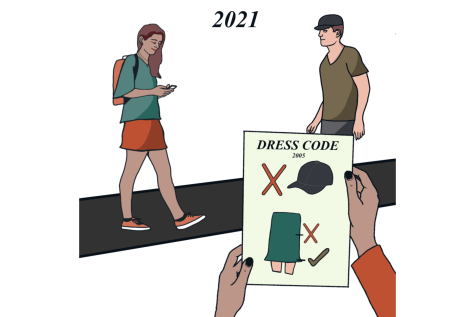
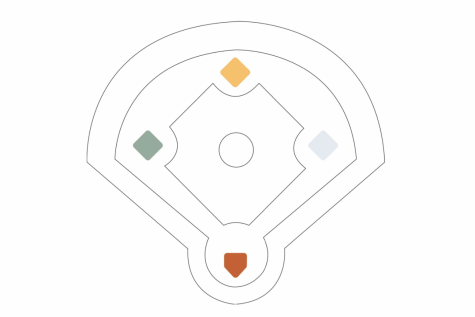

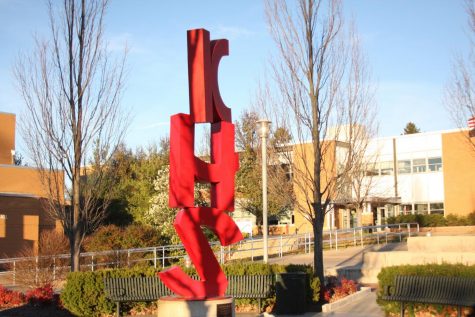

Sr. Crowell • Jul 8, 2014 at 10:10 am
As a teacher I know it was frustrating, especially for those of us who were told to lock the doors all the time. The issue really isn’t that the doors were locked, but that the students were not made aware of the reasons why. We need to get better about letting everyone know the rationales behind actions taken. I try my best, but I am just a small fish in a big ocean.